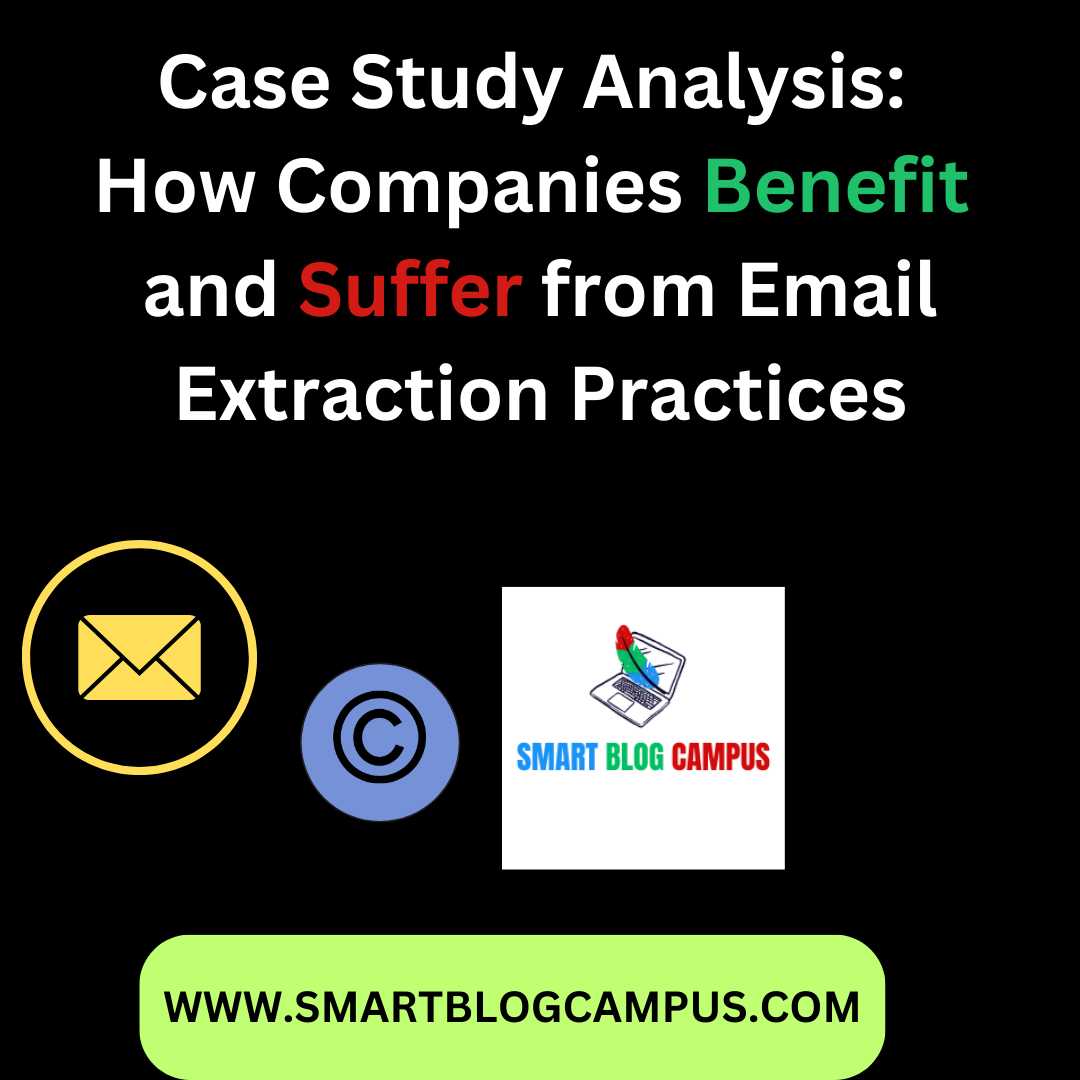Email extraction, the practice of collecting email addresses from websites using automated tools, has become a polarizing topic in digital marketing. While some companies have leveraged it for rapid growth, others have suffered significant setbacks due to legal, ethical, and reputational issues. This article explores real-world examples of successes and failures in email extraction, analyzing the consequences and offering best practices for ethical email collection.
Success Stories: When Email Extraction Works
1. A Startup’s Rapid Growth Strategy
A tech startup focused on SaaS solutions used email scraping to identify potential leads from publicly available business directories. By targeting small and medium-sized enterprises (SMEs), the startup achieved rapid growth in its early stages. Key factors contributing to its success included:
- Targeting Businesses, Not Individuals: The company focused on collecting publicly listed business emails, avoiding personal data and aligning with less restrictive laws like the CAN-SPAM Act in the U.S.
- Personalized Outreach: They crafted personalized emails tailored to the specific industries they targeted, which helped mitigate spam complaints and increase engagement.
- Clear Opt-Out Mechanism: Their emails included clear unsubscribe links, ensuring compliance with email marketing regulations.
Outcome: The strategy resulted in a 35% increase in trial sign-ups within six months, helping the startup secure additional funding. However, the approach was carefully managed to avoid legal pitfalls, and the company shifted to opt-in methods as it scaled.
2. Event Promotion Success
A non-profit organization promoting a global conference used email scraping to reach academics and professionals in relevant fields. By targeting publicly available email addresses from university directories and conference websites, the organization:
- Increased event registrations by 50%.
- Focused solely on professional communications, reducing the risk of legal repercussions.
- Gained significant visibility for their event.
Outcome: Despite the short-term success, the organization faced criticism from some recipients, highlighting the importance of ethical considerations even in seemingly permissible scenarios.
Failures: The Dark Side of Email Extraction
1. E-Commerce Brand Faces Legal Backlash
An e-commerce company scraped customer emails from review websites and forums, hoping to drive sales through promotional campaigns. The results were disastrous:
- GDPR Violation: Many emails belonged to individuals in the European Union, where strict data privacy laws require explicit consent.
- Spam Complaints: Recipients viewed the unsolicited emails as spam, leading to a high complaint rate.
- Reputational Damage: Negative reviews and public backlash on social media tarnished the brand’s image.
Outcome: The company faced fines under GDPR and lost credibility, resulting in decreased sales and costly legal battles.
2. Software Firm Blacklisted
A software company scraped emails from competitor websites to promote its product as a superior alternative. The campaign led to:
- Email Service Blacklisting: High spam complaint rates caused email providers to block the company’s domain.
- Low ROI: Most recipients ignored the emails, resulting in minimal engagement and wasted resources.
- Loss of Trust: The unethical approach alienated potential customers and tarnished the firm’s reputation in its industry.
Outcome: The firm had to rebuild its marketing infrastructure and invest heavily in reputation management.

